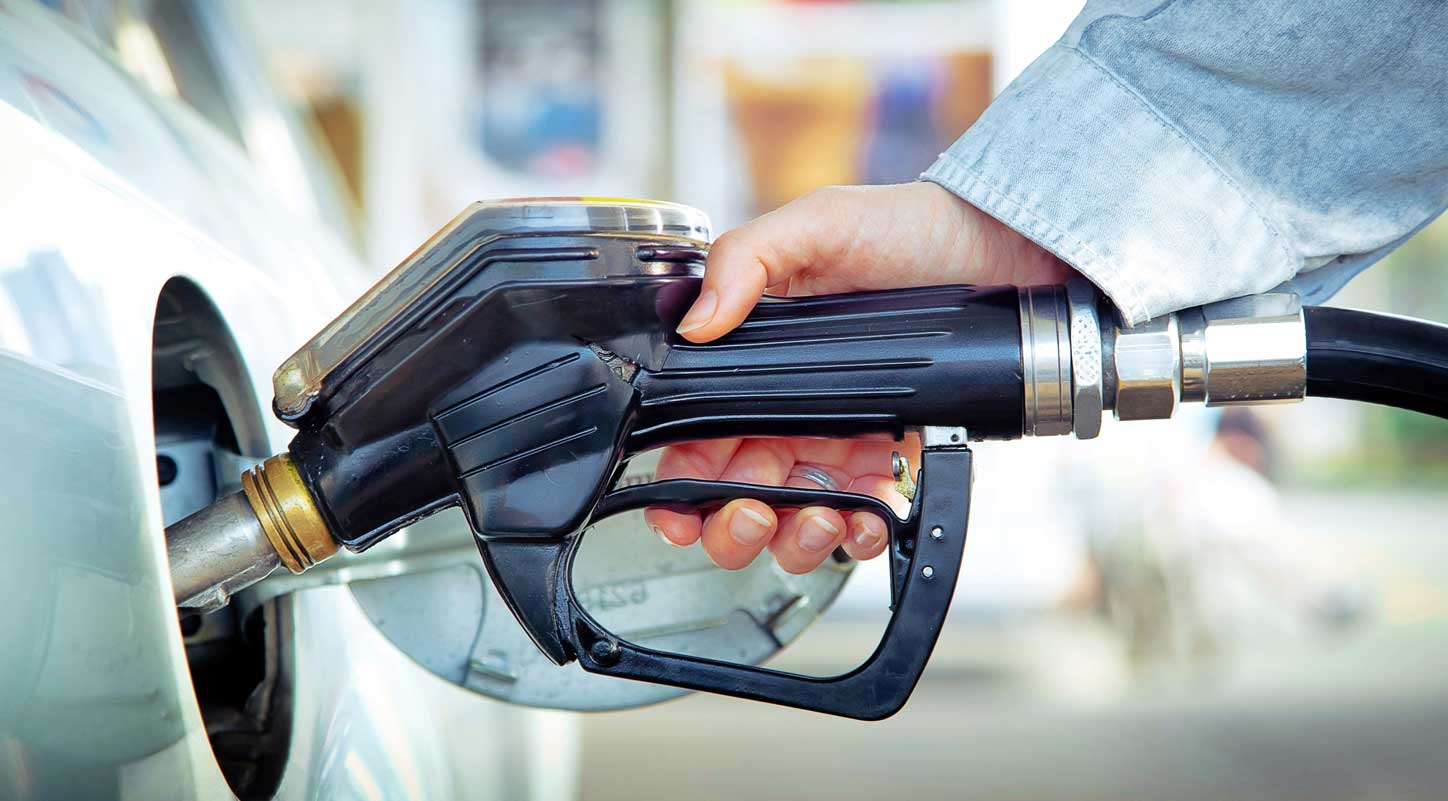Future-Ready Forecourt Payments: Planning a Payments Ecosystem

Fuel retailers are operating in a complex landscape. However, in the fast-evolving world of forecourt technology, a seamless and secure payments ecosystem is essential to ensuring operational efficiency, customer satisfaction, and future scalability. From unattended fuel dispensers to in-store convenience retail, forecourt businesses require robust, omnichannel payment solutions that can handle high transaction volumes, integrate with existing infrastructure, and adapt to emerging payment methods.
This article outlines key steps to building a resilient payments ecosystem, helping forecourt operators streamline payment processes, enhance security, and stay ahead of industry advancements. Whether a fuel retailer is looking to upgrade legacy systems, implement real-time payments, or improve compliance with global regulations, the right strategy can turn their payments infrastructure into a competitive advantage.
How Can Fuel Retailers Build a Resilient Payments Ecosystem?
Assess Current Needs and Future Goals
Understanding operational needs is the first step in designing an effective payments ecosystem. Businesses must assess their payment channels, connectivity requirements, and expansion plans. Future-proofing payment infrastructure ensures the ability to handle increased transaction volumes, adopt alternative payment methods (APMs), and integrate real-time payments or cloud-based connectivity. Aligning payment strategies with broader business objectives allows for sustainable growth.
Implementation of Core Features
Once a framework is selected, implementing key features enhances resilience and customer experience:
- Omnichannel Capabilities: A seamless transition between in-person and online transactions ensures customer convenience and competitiveness.
- Connectivity: Reliable networks leveraging technologies like 5G and cloud-based solutions prevent operational disruptions.
- Risk Management Tools: AI-driven fraud detection and adaptive authentication enhance security without sacrificing the customer experience.
- Regulatory Compliance: Businesses must adhere to evolving global standards such as PSD2, PSD3, PCI DSS, and local regulations to avoid penalties.
- POS support: With 76% of POS-centric companies using orchestration services, a payments ecosystem must support in-person retail transactions.
Select the Right Framework
Choosing the right framework is vital when building a payments ecosystem. Businesses have historically relied on either fragmented systems – using multiple providers – or full-service payment service providers (PSPs), which bundle solutions but may limit flexibility.
A growing alternative is payment orchestration, which consolidates payment processing, tokenisation, fraud prevention, and reconciliation into a single API. This approach enhances agility, allowing businesses to adapt quickly to market changes while seamlessly onboarding new payment methods and providers. However, some orchestration platforms may lack in-store payment support, requiring businesses to evaluate their specific needs carefully.
Checklist for Success
To build a future-ready payments ecosystem, businesses should consider:
- Omnichannel Readiness: Support for seamless customer experiences across unattended, in-person, and online transactions.
- Scalability and Flexibility: Infrastructure that grows with business needs and adapts to market changes.
- Vendor and Acquirer Agnosticism: The ability to switch providers ensures competitive rates and service continuity.
- Remaining secure and compliant: Advanced security features – including tokenization – protect data while ensuring regulatory compliance and a seamless payment experience.
A well-planned payments ecosystem is a strategic enabler of business growth, driving customer satisfaction while reducing operational complexities. As 60% of enterprises turn to orchestration services for better integrations, payment orchestration emerges as a key driver in an evolving payments landscape for fuel retailers.
To learn more, visit: https://tnsi.com/unattended-payment-orchestration
About the author
David Hore is the Senior Director, Accept and Payments Orchestration, with specific responsibilities for TNS’ Payments Market solutions, focusing on the Accept and Payment Orchestration portfolios,
TNS
TNS is a global leader in providing full-stack, modern and secure payment and network solutions. As a leading provider of Infrastructure-as-a-Service (IaaS) solutions with more than 30 years’ experience, TNS has been offering managed service solutions to more than 1,400 organizations in over 50 countries. TNS’ comprehensive portfolio spans from cutting-edge unattended and in-store payment terminals, online solutions to secure global network connectivity and seamless payment processing through its cloud native payment orchestration platform. With TNS’ portfolio of industry leading services, customers can reduce the complexities of fragmented payments and connectivity with just one trusted managed service partner.
Visit: tnsi.com.







